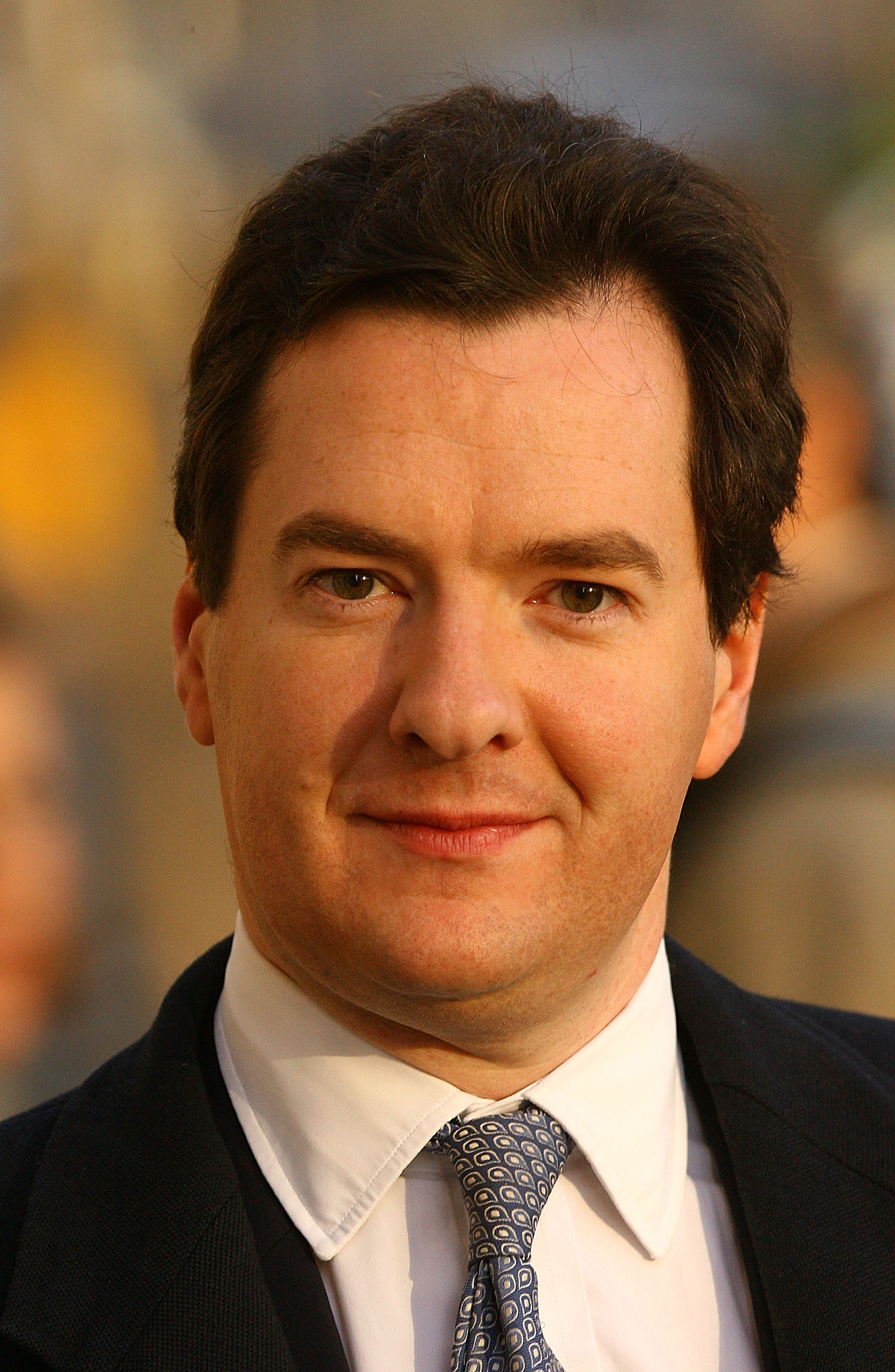 In 2004, George Osborne wrote a piece for The Spectator setting out ‘The 13 keys to Number 10’. It was adapted from one of those American guides that predict who will win presidential elections. In 2004, Osborne predicted Tory victory using it but that was more due to some scoring decisions that were based more on loyalty than reality. Indeed, going through it in a more sober fashion would have given you the correct result.
In 2004, George Osborne wrote a piece for The Spectator setting out ‘The 13 keys to Number 10’. It was adapted from one of those American guides that predict who will win presidential elections. In 2004, Osborne predicted Tory victory using it but that was more due to some scoring decisions that were based more on loyalty than reality. Indeed, going through it in a more sober fashion would have given you the correct result.
Anyway, here are the 13 keys and my thoughts on who has the edge on each:
1. Real per capita economic growth during the parliament equals or exceeds the mean growth during the previous two parliaments.
No.
2. The economy is not in recession during the election campaign.
It’ll depend when the election is: If Brown goes in 2009, it certainly will be. But if he waits until May 2010 the economy might just have begun to recover.
3. There is no sustained social or industrial unrest during the parliament.
Yes: More than a million days were lost to strikes during 2007, that’s considerably higher than the 1990s average of 660,000 days. But it is far lower than the average for the 1980s—7.2 million days—and 1970s—12.9 million days.
4. The government has effected a major change in domestic policy.
Yes: The change wasn’t planned but no one can deny that the changes have been big.
5. The government has achieved a major foreign policy or military success.
No: One person I discussed this with thinks that Brown should score a point for the bank bailout on the grounds that whatever the truth of the claim, the public do seem to think that Brown led the way.
6. The government has suffered no major foreign policy or military failure.
Yes: Iraq is so perceived as Blair’s war that it has minimal effect on Brown’s standing. The Afghan mission is in trouble and unpopular with the public, but the fact it has yet to become a major issue and the bi-partisan consensus on it means that I won’t score it up as a major failure.
7. The government is untainted by major scandal.
Yes: I’m sure Coffee Housers could rattle off a list of Labour scandals but nothing has ingrained itself on the public consciousness. Cash for honours, which could have done, is too associated with Blair to hurt Brown. What Osborne wrote in 2004 still holds true today, “Despite the string of ‘gates’ — Mittalgate, Mandygate, Cheriegate — there has been nothing like Profumo or the drip-drip of scandal that affected the Tories in the mid 1990s.”
8. The governing party is not seriously divided.
Yes: It was over the summer but these differences generally do seem to have been put aside for the moment. There is now no realistic challenger to Brown and with Mandelson on board Labour has united for one last hurrah. However, if Labour does lose, the factions will fly at each other with a passion.
9. The Prime Minister is regarded as charismatic.
No: Even the planned Labour ad campaign for the election that never was recognised this with its ‘Not Flash, Just Gordon’ tagline.
10. The Prime Minister is new since the last election.
Yes
11. The main opposition party is seriously divided.
No: The Tory party is far more united now than it has been at any time since the 1987 election.
12. The leader of the opposition is regarded as uncharismatic.
No: Say what you like about Cameron, but he has star power. Labour’s ‘slick salesman’ jibe is an implicit recognition of that.
13. The government has been in office for less than two terms.
No.
By my count, the final tally is Brown 6 Cameron 6. This, obviously, isn’t a scientific exercise but it must rather worry Osborne who wrote in 2004 that “I’ve checked back over 30 years of elections and if the sitting Prime Minister can lay claim to six or more, then he or she wins.”








Comments